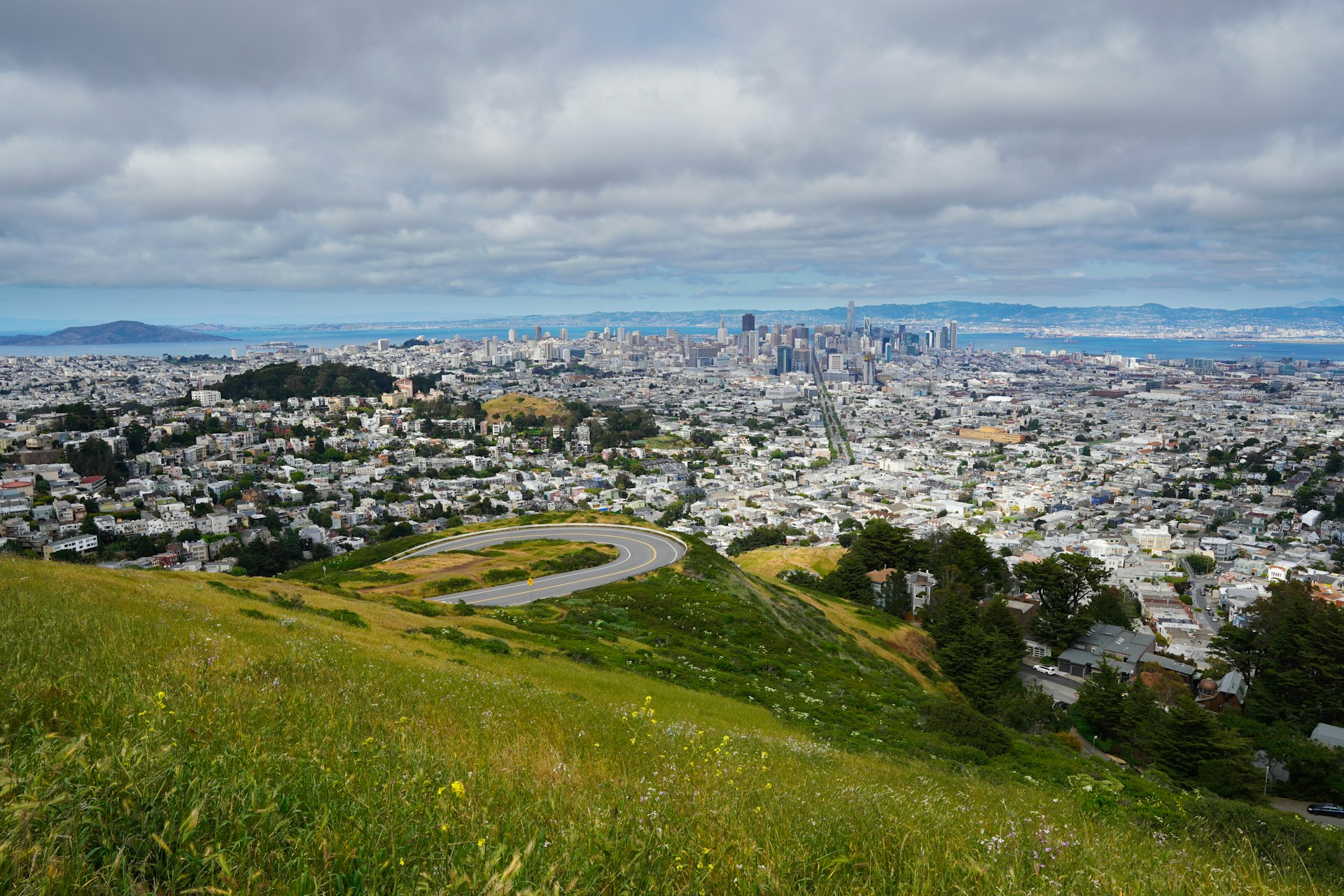Experience Authentic Culture: Transformative Local Workshops for True Immersion

Photo by Febrian Zakaria on Unsplash
Introduction: Unlocking Deeper Connections Through Local Workshops
Cultural immersion is more than sightseeing-it’s an active, participatory experience that allows you to step inside the daily life, traditions, and values of a community. One of the most impactful avenues for this immersion is through local workshops, where travelers and learners engage directly with artisans, cooks, guides, and hosts. These workshops offer not only skill-building but also a unique window into the stories, beliefs, and rhythms of the local culture. Whether you are an individual seeking personal growth or a family aiming to educate children about global diversity, local workshops provide authentic, memorable experiences [1] .
Why Choose Local Workshops for Cultural Immersion?
Local workshops are designed to bridge the gap between observer and participant. Instead of watching from the sidelines, you are invited to join in the creative or culinary process, often guided by skilled local experts. This interaction fosters genuine understanding and appreciation, as you learn not only
how
something is done, but also
why
it matters in the context of the community’s history and identity
[2]
.
Key benefits include:
- Personalized learning from artisans and chefs
- Hands-on skill development in crafts, cooking, or music
- Direct support to local economies and traditions
- Meaningful connections with community members
Types of Local Workshops for Cultural Immersion
There are many forms of workshops that can facilitate deep cultural connection. Some of the most popular and impactful include:
1. Art and Craft Workshops
Participating in art and craft workshops such as pottery, weaving, batik painting, and wood carving enables you to learn traditional techniques and understand the symbolism behind each creation. These activities reveal the artistic heritage and values of a community. For example, Thai batik painting workshops teach not only the technique but also the stories and motifs significant to local culture [5] .
To access these workshops, you can:
- Visit local cultural centers, museums, or community tourism offices
- Ask your accommodation provider for recommendations
- Search online for verified workshop providers in your destination
Always confirm the credibility of the provider and read recent reviews to ensure an authentic experience.
2. Culinary Workshops
Food is an essential expression of cultural identity. Cooking classes, foraging tours, and farm-to-table experiences allow you to discover regional ingredients, preparation methods, and the social role of meals. For instance, joining a pasta-making class in Italy or a street food workshop in Vietnam brings you closer to daily life and family traditions [2] .
To find and join culinary workshops:
- Look for local cooking schools or classes listed on tourism websites
- Ask local restaurants or farmer’s markets about upcoming workshops
- Contact community organizations or cultural associations
Always verify the legitimacy of the workshop and ask about language support if needed.
3. Music and Dance Workshops
Music and dance are living expressions of community spirit and history. By participating in workshops that teach traditional dances or music styles, you learn about the cultural values, stories, and rituals that shape local identity. These workshops often culminate in group performances, fostering a strong sense of belonging [1] .
To access these experiences:
- Seek out local cultural centers or music schools
- Attend festivals and ask about participatory workshops
- Connect with local guides specializing in arts education
Be sure to confirm dates, skill level requirements, and language accessibility.
4. Historical and Heritage Workshops
Learning about history through workshops-such as guided tours of heritage sites, storytelling sessions, or traditional building techniques-connects you with the events and values that shaped a community. These workshops often include hands-on activities like archaeological digs or heritage conservation, providing a practical link to the past [2] .
To find heritage experiences:

Photo by Matheus Frade on Unsplash
- Contact local museums or heritage societies
- Inquire at tourism offices about scheduled workshops
- Look for community events centered around restoration or storytelling
Always check for authenticity and whether the workshop is open to visitors.
How to Access Local Workshop Opportunities
Accessing authentic workshops requires proactive research and a willingness to engage with local networks. Here are step-by-step instructions:
- Identify your destination and interests (crafts, food, music, history).
- Search for official tourism websites, cultural centers, or local associations offering workshops. If no verified link is available, use search terms like “[city] cultural workshops” or “[region] artisan classes.”
- Read user reviews from trusted travel forums and platforms to ensure the provider is reputable.
- Contact potential hosts or organizations directly by phone or email to inquire about schedules, costs, and language options.
- Confirm all details before booking. Ask about group size, materials provided, and cancellation policies.
- Prepare by learning basic local phrases, respecting customs, and bringing an open, curious attitude.
If you are traveling with children, look for family-friendly workshops and check age requirements. For travelers with dietary restrictions or accessibility needs, communicate these in advance to ensure the experience is suitable.
Case Studies: Real-World Examples of Immersive Workshops
In Thailand, visitors can participate in batik painting and weaving workshops in Khao Sok, learning from local artisans and creating personal souvenirs [5] . In Guatemala, homestays often include daily activities like cooking and farming, giving guests firsthand exposure to rural life [4] .
Families traveling in Europe may join culinary classes where children learn to bake bread or craft pottery, bringing home unique memories and a better understanding of local customs [3] . Such workshops are structured to foster interaction, learning, and appreciation for community values.
Challenges and Solutions
While cultural workshops offer immense benefits, there are challenges:
- Language barriers : Many workshops are conducted in the local language. Solution: Seek providers offering translation or bilingual support, or learn basic phrases in advance.
- Authenticity concerns : Some workshops may be commercialized. Solution: Prioritize experiences recommended by locals or trusted organizations; avoid workshops that feel tourist-oriented without local participation.
- Accessibility : Not all workshops are wheelchair-friendly or suitable for all ages. Solution: Ask about accessibility in advance and seek inclusive programs.
If you cannot find suitable workshops online, consider reaching out to local tourism boards, community centers, or cultural associations for personalized recommendations.
Alternative Pathways to Cultural Immersion
If workshops are unavailable or fully booked, there are other ways to immerse yourself:
- Participate in local festivals or religious ceremonies for experiential learning [1] .
- Visit artisan markets to observe and interact with craftspeople [3] .
- Stay with local families to experience daily routines and customs [4] .
These alternatives also offer deep cultural engagement, though workshops remain the most focused form of hands-on learning.
Summary: Key Takeaways for Transformative Cultural Immersion
Local workshops provide a powerful avenue for cultural immersion, enabling travelers and learners to build skills, make meaningful connections, and support local heritage. By researching, verifying, and actively participating, you can ensure an authentic and enriching experience. When workshops are not accessible, alternative pathways such as festivals, markets, and homestays can also foster deep engagement with community life. Always prioritize verified providers and proactive communication for a rewarding journey.
References
- [1] BitGlint (2023). Top 30 Cultural Immersion Examples.
- [2] Follow Alice (2023). What is cultural immersion? And is it for you?
- [3] KiddieTotes (2022). Cultural Immersion Trips for Families.
- [4] Jero Tumbuk (2024). The Art of Cultural Immersion: Tips and Experiences.
- [5] Elephant Hills (2023). Cultural Immersion: Amazing Local Traditions And Festivals.



